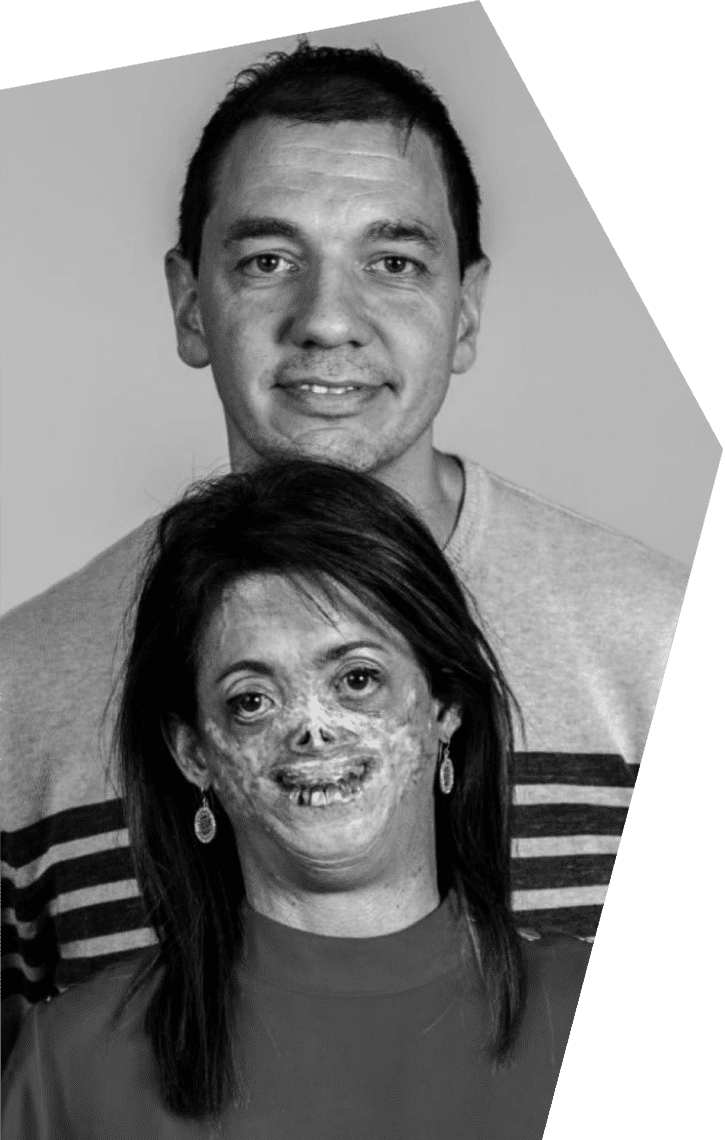
Congenital Erythropoietic Porphyria (CEP). ATL-001.
Our lead project targets the autosomal recessive deficiency in the uroporphyrinogen III synthase (UROIIIS) enzyme in the haeme group biosynthetic pathway. Deficiency in UROIIIS leads to a build-up in the body of porphyrins in high concentration (e.g., in bone, the bone marrow, red blood cells, plasma, urine, faeces, teeth, and skin) which are damaging to tissues resulting in a range of significant symptoms for patients. To date, 32 missense mutations producing CEP have been reported in the literature, a vast majority of which result in an increase in the kinetic aggregation rate of UROIIIS. This project is at the clinical phase stage.
Porphyria Cutanea Tarda (PCT). ATL-001b.
PCT is the most common of porphyries and it encompasses a group of acquired and familial disorders in which activity of the uroporphyrinogen decarboxylase (UROD) is deficient. In Atlas, we are currently exploring the possibility of applying pharmacological chaperones to improve heme homeostasis in PCT patients. This project is at the lead validation of therapeutic chaperones.
Tyrosinemia type I. ATL-002.
Mutations in the fumarylacetoacetate hydrolase FAH gene cause human tyrosinemia type I, an inborn error of metabolism characterized by the accumulation of multiple abnormal compounds in both the blood and urine: tyrosine, methionine, tyrosine metabolites, and succinylacetone. In Atlas, we are developing pharmacological chaperones to tackle this disease. This project is at the hit validation of chemical compounds.
Prion Disease. ATL-003.
Prion disease (e.g., Creutzfeldt-Jakob disease) results from the progressive accumulation of an abnormal form of the naturally occurring cellular prion protein leading to subsequent adverse effects on brain function and ultimately death. This project is at the hit identification phase of discovery.



